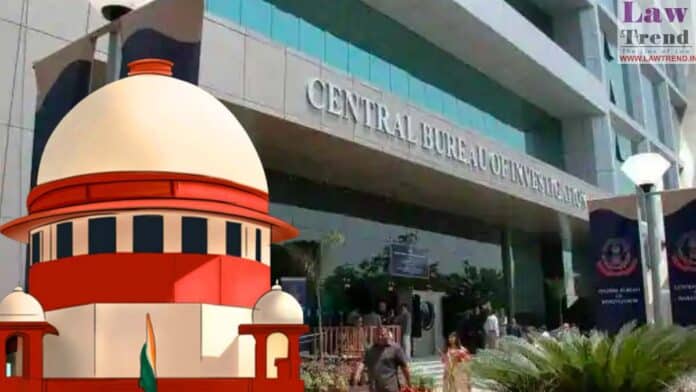The Supreme Court of India, in a significant judgment, held that the Central Bureau of Investigation (CBI) does not require prior state government consent to register an FIR against central government employees under the Prevention of Corruption Act, 1988. The ruling, delivered by Justice C.T. Ravikumar and Justice Rajesh Bindal, has far-reaching implications for anti-corruption
To Read More Please Subscribe to VIP Membership for Unlimited Access to All the Articles, Download Available Copies of Judgments/Order, Acess to Central/State Bare Acts, Advertisement Free Content, Access to More than 4000 Legal Drafts( Readymade Editable Formats of Suits, Petitions, Writs, Legal Notices, Divorce Petitions, 138 Notices, Bail Applications etc.) in Hindi and English.




